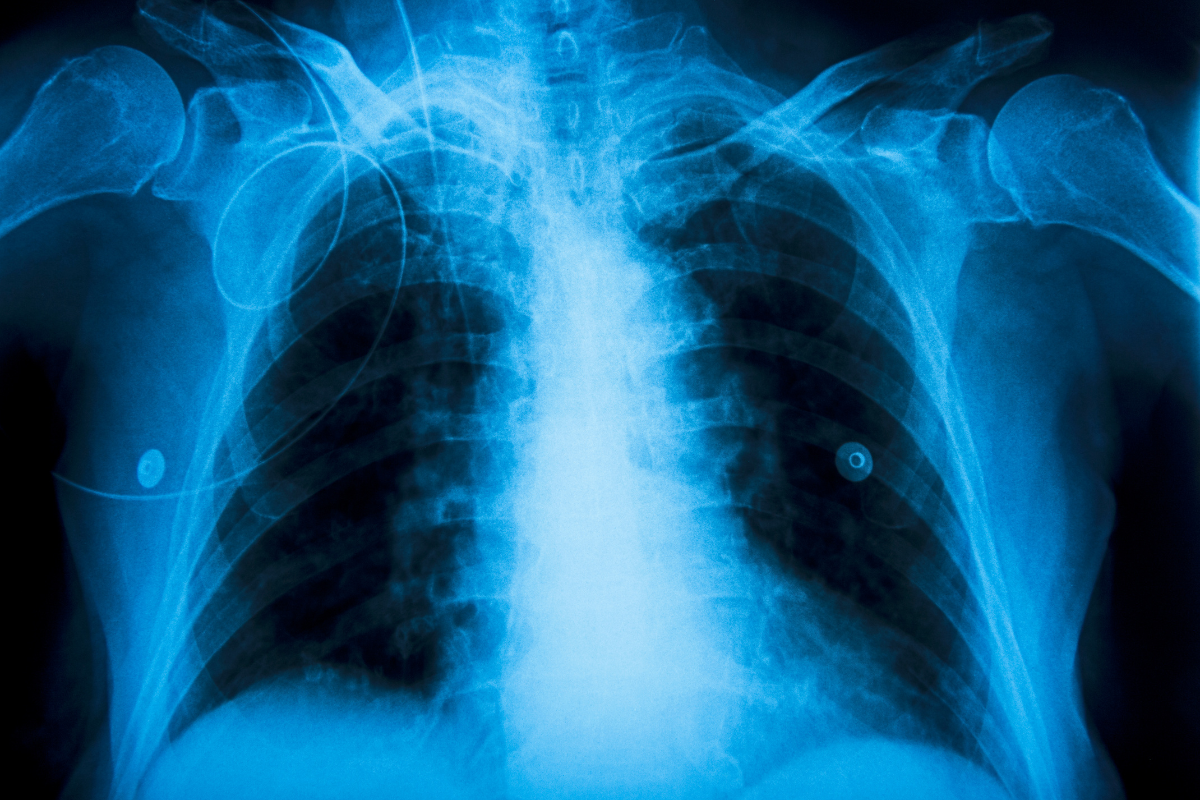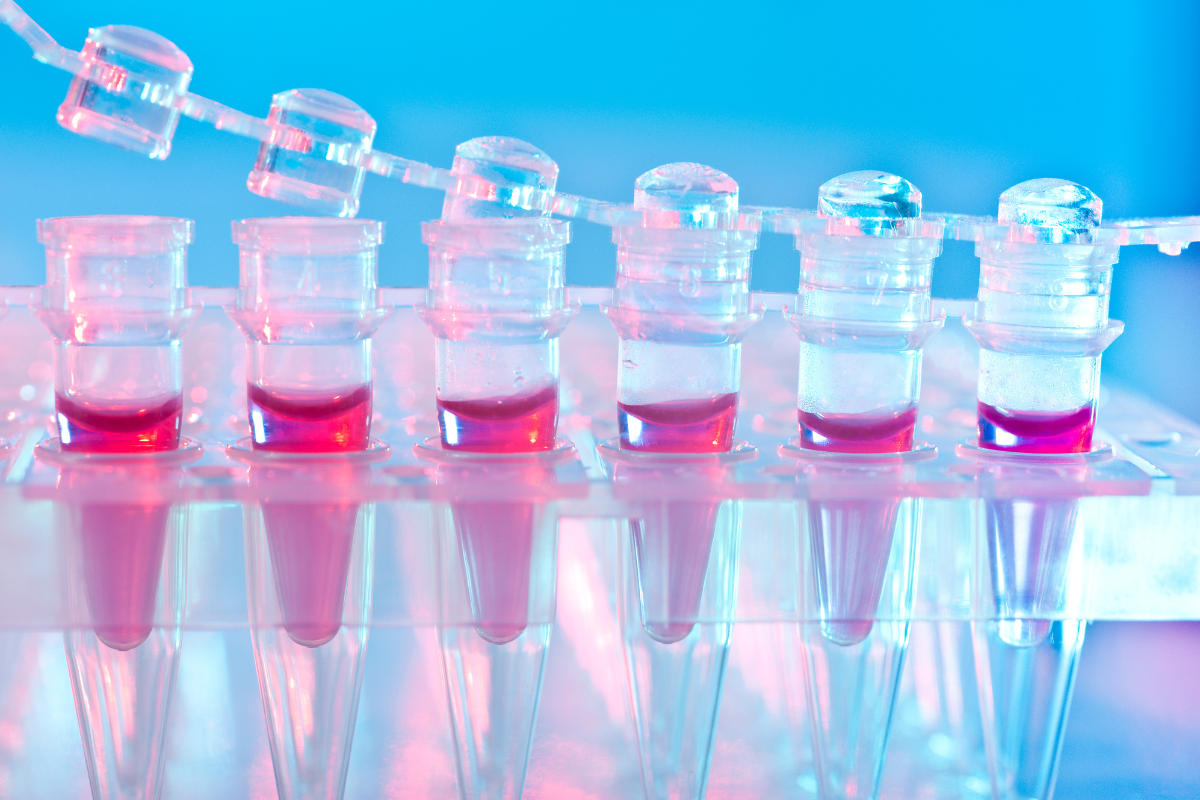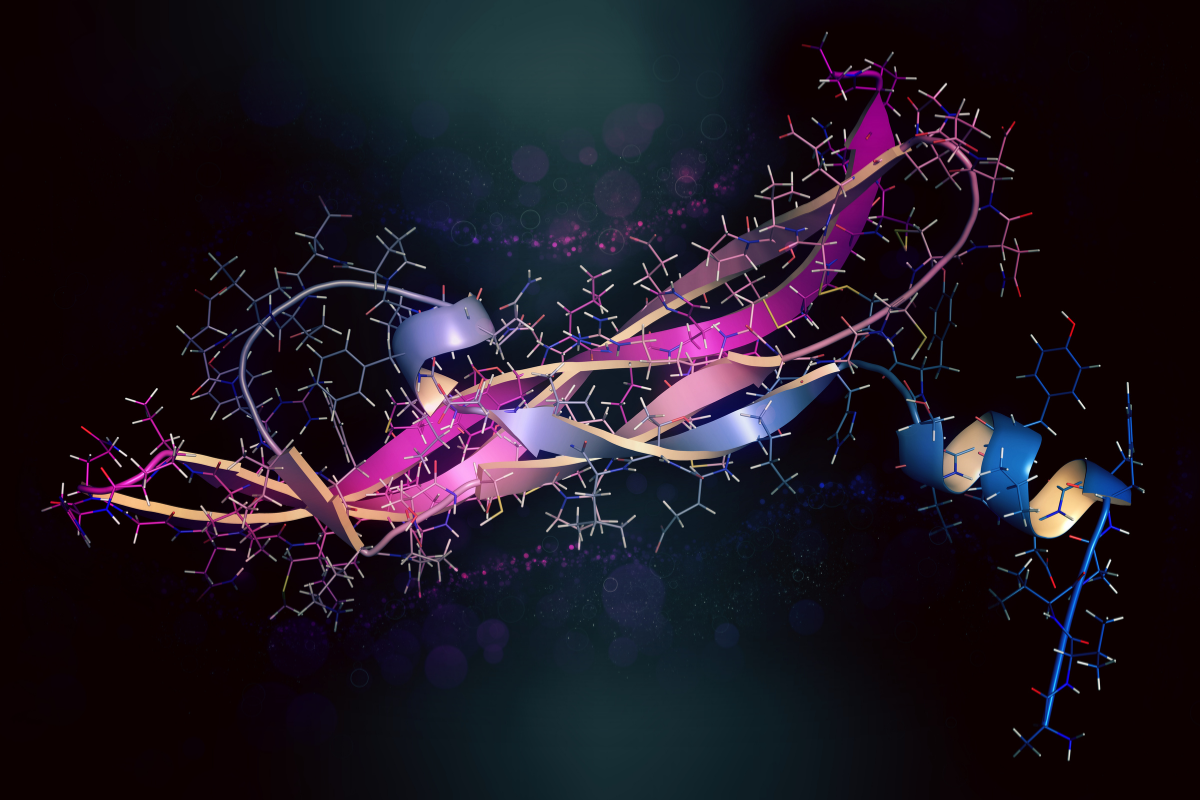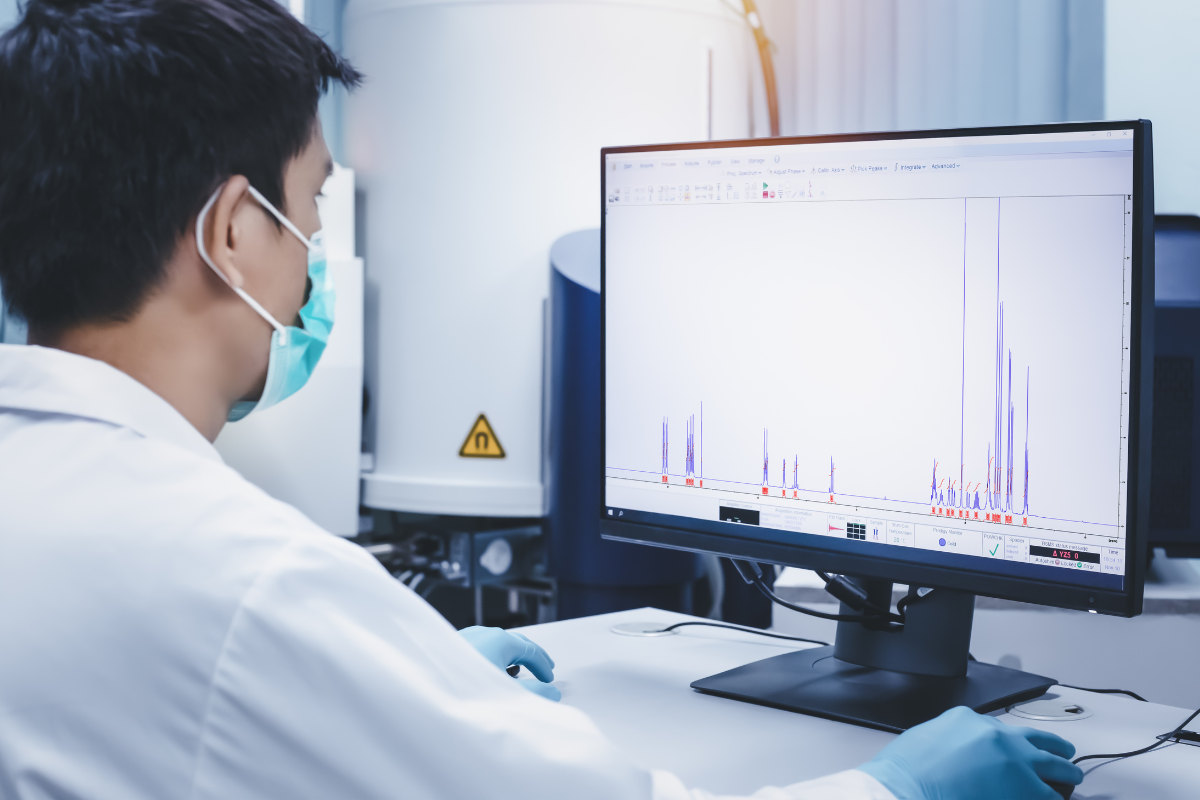Featured Resources


Accelerate Protein Screening by Sequencing Protein Barcodes on Platinum®
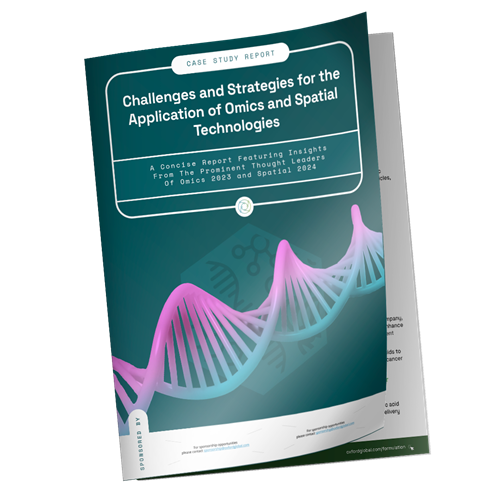
Challenges and Strategies for the Application of Omics and Spatial Technologies
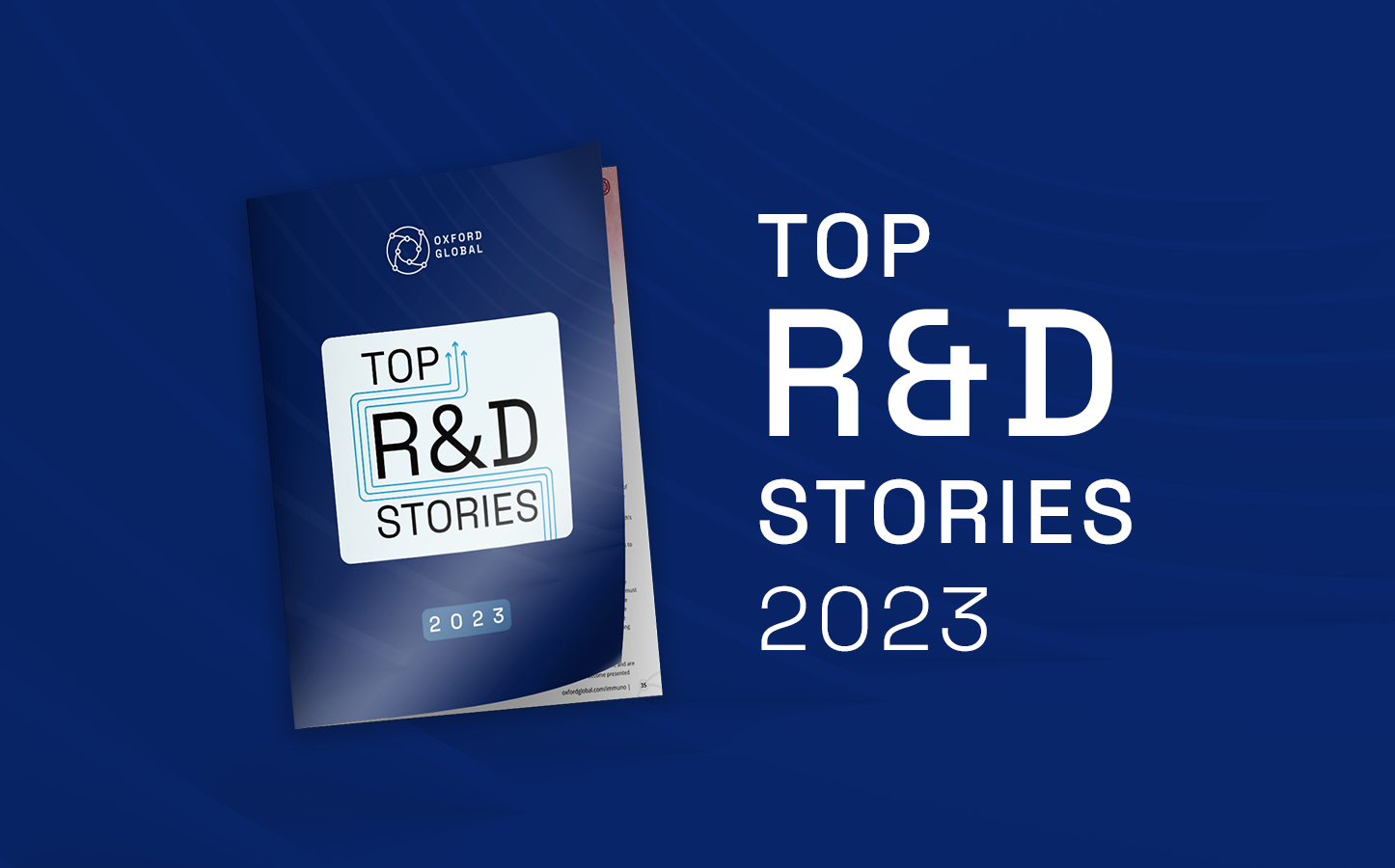
Top R&D Stories of 2023
Introducing: LifeScienceXchange
Patients are counting on your R&D community for the next wave of life-saving medicines.
LifeScienceXchange is the catalyst: a platform for leaders from diverse life science disciplines to connect, learn and collaborate, so that together we bring new treatments to patients faster, sustainably and at scale.
Providing actionable market insights, technology showcases, thought leadership and essential news, all in a condensed and curated video format.
It will help you understand trends, benchmark your work, inform strategy and ultimately get your new treatments to patients, faster.
Precision Medicine on LifeScienceXchange provides the events and channels for R&D to unlock human data for precise, patient-centric solutions.
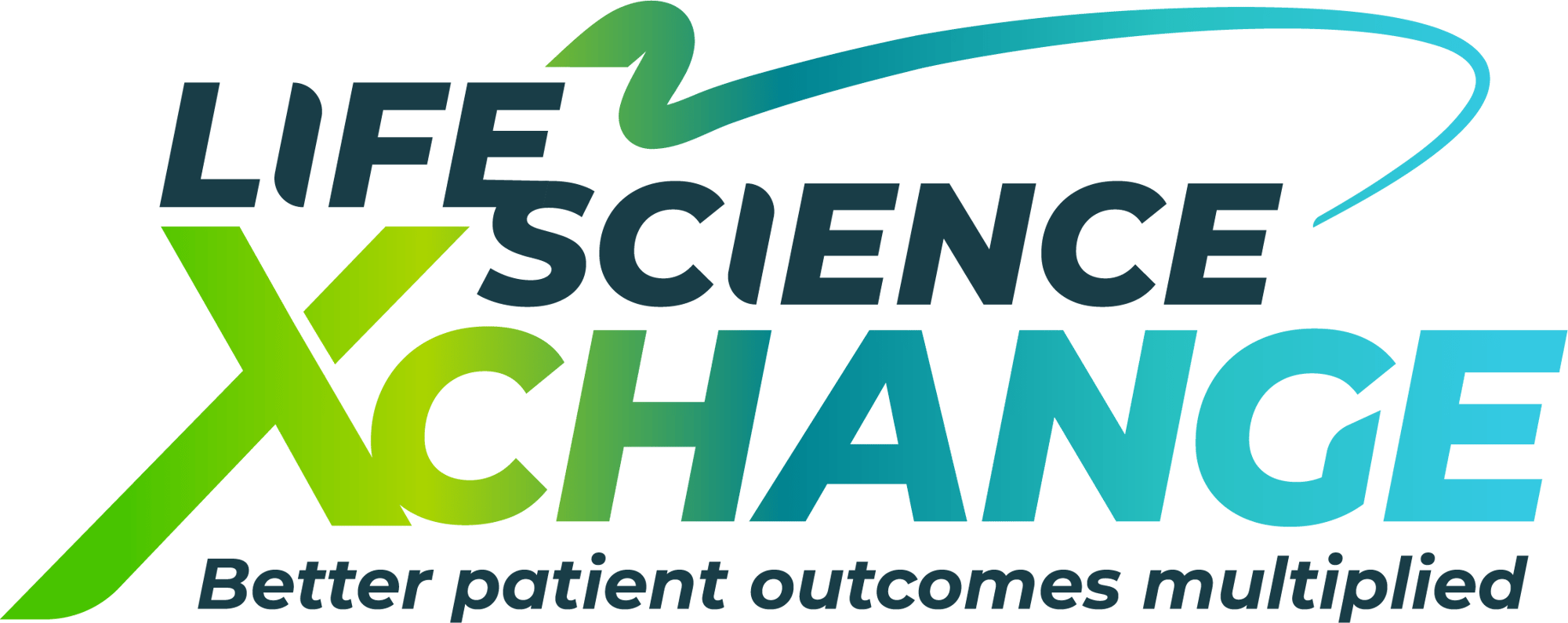
Learn faster and put new ideas to work
Market Insights unlock key learnings and actionable ideas from our industry-leading live events. We’ve cut and curated more than 6,000 hours of live recordings into quick-watch cuts, so you can get straight to the moments that matter.
Innovate sooner and benchmark success
Our Technology Showcases give you first sight of the breakthroughs driving our industry. We put you in touch with new developments and vendor success stories, so you can understand the tech, connect with the innovators and benchmark your work against the best
Learn and share ideas with industry leaders
Our Thought Leadership opportunities put you at the heart of the conversations accelerating life sciences R&D today. Hear interviews and presentations with key opinion leaders each month — and join the conversation by putting your questions to them live.
Get the full picture faster
Our Weekly News digest clarifies and condenses the key developments and talking points in life sciences R&D. Each week we identify and summarise the five top stories in quick-read format, so you have a full, clear and balanced picture.
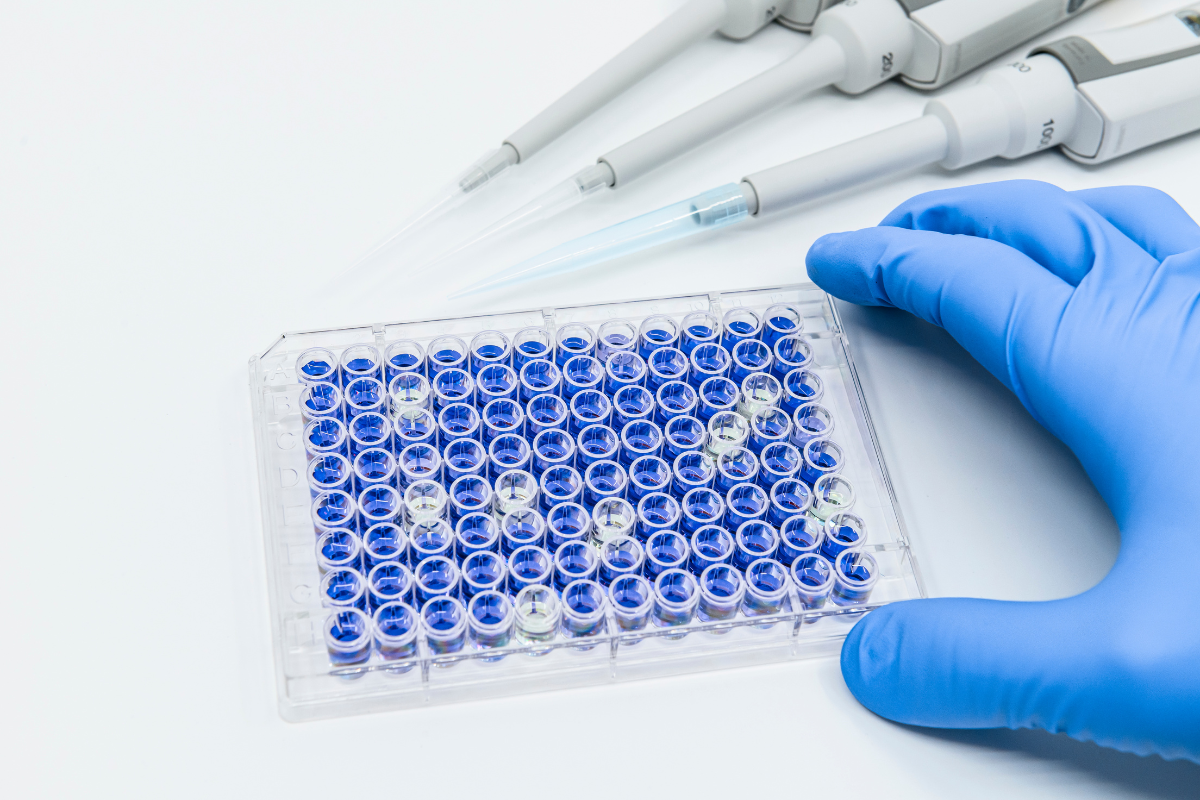
Nu.Q Discover: Streamlining Drug Development with Non-Invasive, Real-Time, Quantitative, Liquid Biopsy Immunoassays
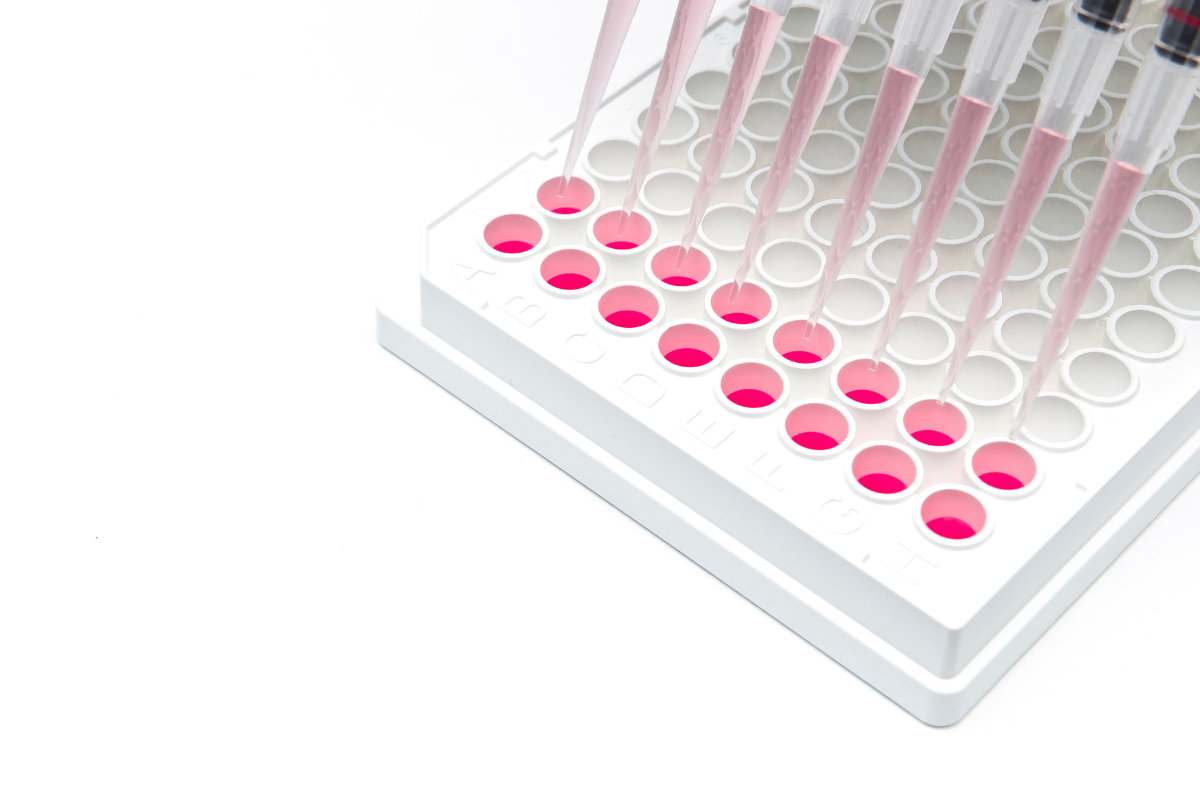
TruCulture@: Whole blood collection and culture system for clinical studies

Post-Event Proceedings – NextGen Omics US 2023

Post-Event Proceedings – Spatial Biology UK 2023

Top R&D Stories of 2023

Interview with Gabriela Kramer Marek, Associate Professor, Reader in Molecular Imaging at The ICR
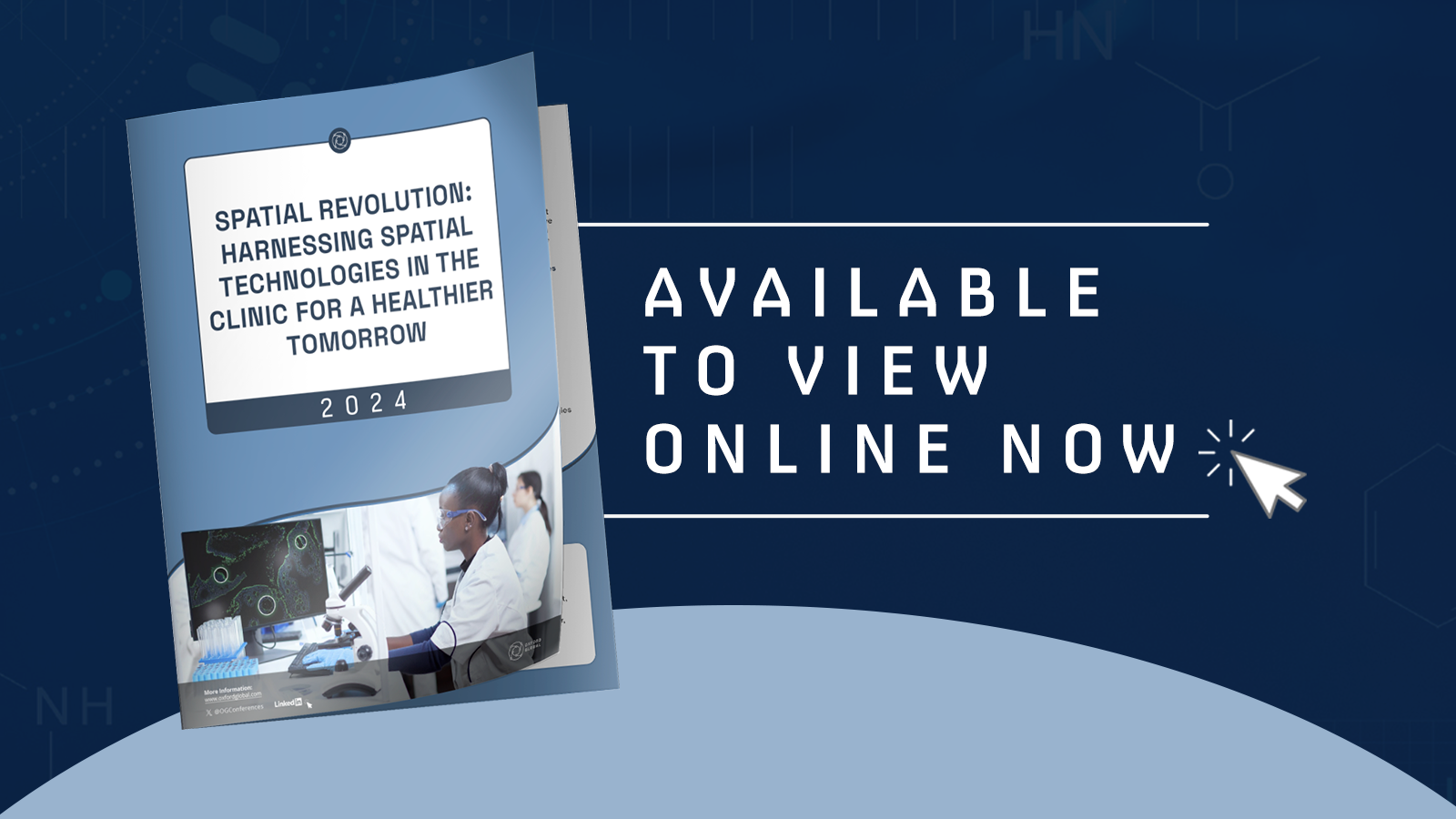
Spatial Revolution: Harnessing Spatial Technologies In The Clinic For A Healthier Tomorrow

Unlock the Latest News and Insights
Sign-up for our regular LifeScienceXchange newsletter to keep up to date with all things Precision Medicine, direct to your inbox.






